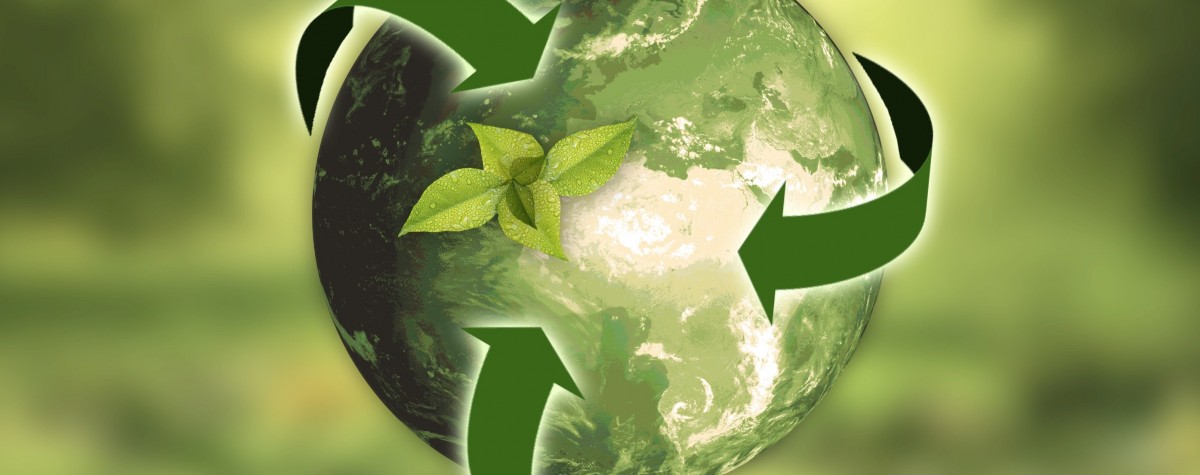Experts and stakeholders considered nutrient recycling measures for the Baltic Sea Region
SuMaNu platform delivered agricultural expertise at the HELCOM workshop on nutrient recycling measures in Helsinki on 5-6 February. The workshop was organized by the Ministry of Environment and Ministry of Agriculture and Forestry of Finland, HELCOM, European Union Strategy for the Baltic Sea Region Policy Area Nutri and Bioeconomy as well as SuMaNu and BSR Water project platforms. The workshop was part of the process to draw-up a Regional Nutrient Recycling Strategy for the HELCOM countries and particularly targeted to involve representatives of authorities and research organizations of the Baltic Sea countries, representatives of the European Union, and HELCOM Observers.
In HELCOM, the countries are currently developing a joint strategy for nutrient recycling in the Baltic Sea Region. The strategy is one of the main goals of Finland’s HELCOM Presidency. Finland will continue to chair HELCOM until the end of June, after which Germany will take the baton. The Regional Nutrient Recycling Strategy will be completed by the end of 2020 and is to be implemented by a decision of the next HELCOM Ministerial Meeting along with the update of the Baltic Sea Action Plan.
The vision and objectives of the Strategy were agreed in June 2019 and now an international workshop was organized in Finland to develop the measures to reach the goals of the strategy. The workshop dealt extensively with nutrient flows, considering the agricultural, industrial and municipal sectors. In particular, the possibilities and ways of recycling nutrients from animal manure and wastewater were examined.
To kick-off the workshop, the three presentations given provided a background to the topic. These included introducing the results of a recent study on the nutrient recycling potential in the Baltic Sea Region (Proman Consulting), potential for nutrient recovery from waste water treatment (BSR Water) and the priority measures in agriculture, on the farm and regional level (SuMaNu). The presentations, as well as the programme and outcome of the workshop, are available for download below.
From the workshop discussions, several examples emerged as tools to promote nutrient recycling. Some of these are limiting stocking density in animal production and nutrient recovery from wastewater treatment plants, a good example of which is the RAVITA technology developed by the Helsinki Region Environmental Services (HSY). Stocking density is a double-edged sword in that, on the other hand, it also restricts the cost-effective processing of manure nutrients, thereby narrowing down the options and potential for recycling and further processing. It was well recognized in the workshop that the means must be economically sustainable and acceptable from the business operator’s point of view. Therefore, it is important to involve industries such as agriculture and the food chain in general as well as the energy sector in the work. The means themselves should be assessed also for their attractiveness for the economic operators and due incentives should follow. It is also important that the risks must be taken into account both in terms of the recycled nutrient products themselves and in terms of the economy, especially in relation to large investments.
The SuMaNu project presented preliminary recommendations concerning the introduction of more accurate manure and fertilization information, manure processing techniques, mitigation of regional nutrient surpluses, the safety of manure-based and other recycled fertilizers, and information and training. Two comprehensive reports are forthcoming in April on manure treatment and fertilization techniques and ways to utilize manure nutrients and land regional nutrient surpluses. These will be communicated on the SuMaNu website.
The development of a nutrient recycling strategy for the Baltic Sea Region will continue during the spring and autumn with HELCOM expert groups reviewing the workshop’s suggested ways to promote nutrient recycling. The SuMaNu project will later organize an event to present its recommendations.
Workshop materials
Nutrient flows in the Baltic Sea Region, Ludwig Hermann, Proman Consulting
Report of the workshop, Susanna Kaasinen, HELCOM
Read also the news on the HELCOM pages.

